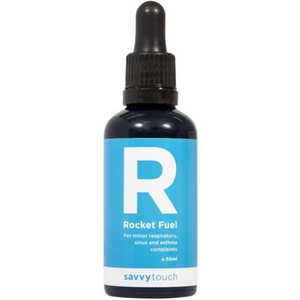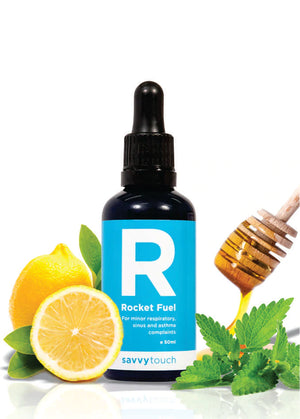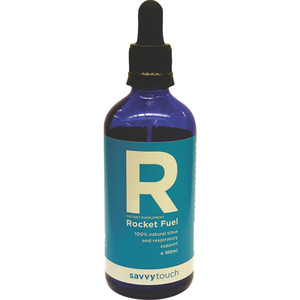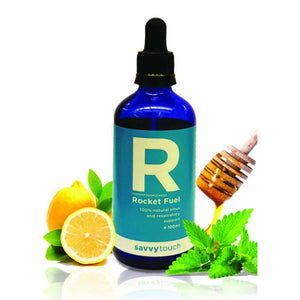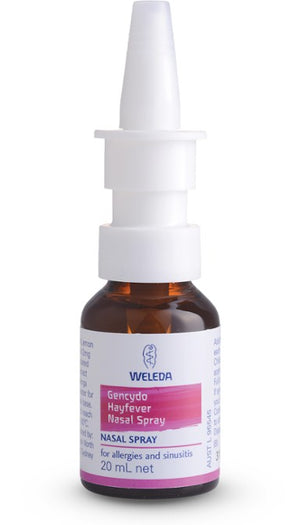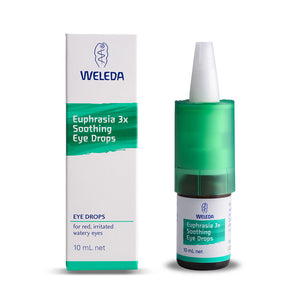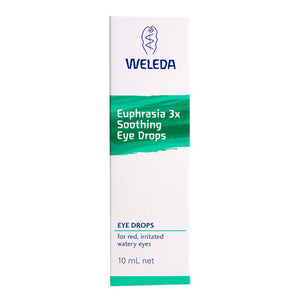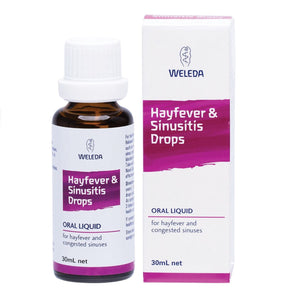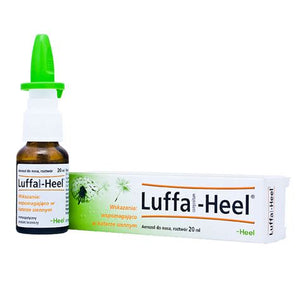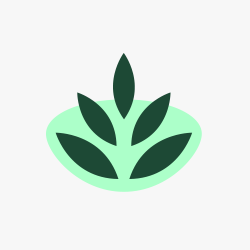You have no items in your shopping cart.

- View All Categories
- Best Buys
-
Health
-
Conditions
- Adrenal Fatigue
- Allergy & Hayfever
- Anti-Inflammatories & Pain Relief
- Brain & Circulation
- Candida
- Detox, Liver & Kidneys
- Diatomaceous Earth
- Digestion
- Dry & Itchy Skin
- Ear Health
- Energy
- First Aid
- Fluid Retention
- Heart & Cholesterol
- Coughs & Colds
- Immunity
- Joint & Arthritis Care
- Mouth & Cold Sores
- Muscle Pain & Cramp
- Nasal Support
- Skin Conditions
- Sleep
- Stress & Anxiety
- Thyroid Support
- Travel Sickness
- Vision/Eye Formulations
- Supplements
- Food & Nutrition
- Mother & Baby
- Wellness Programes
-
Conditions
- Home Essentials
-
Skin & Body Care
- Make Up
- Clinic Therapies
- Our Articles
- About Us
- Contact Us


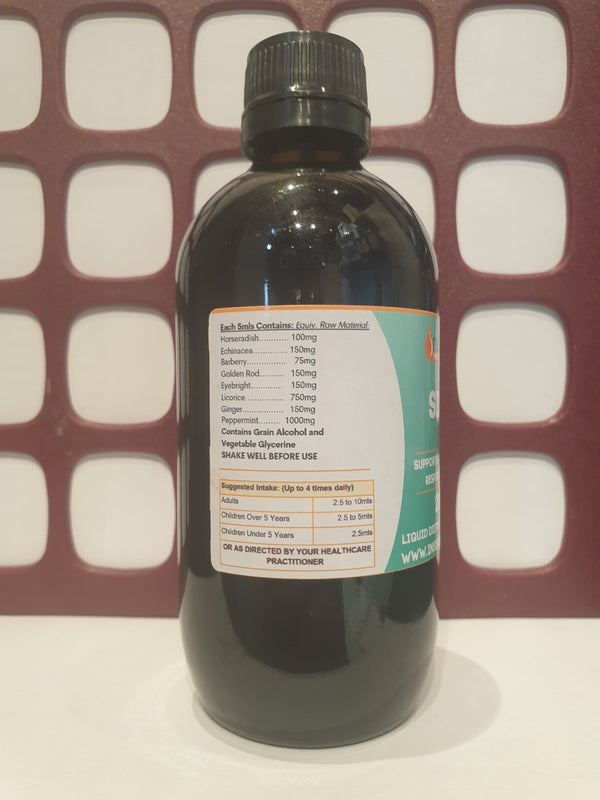
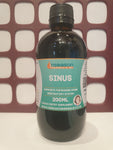
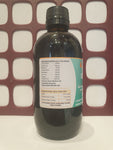
 Four payments of $13.80
Four payments of $13.80
